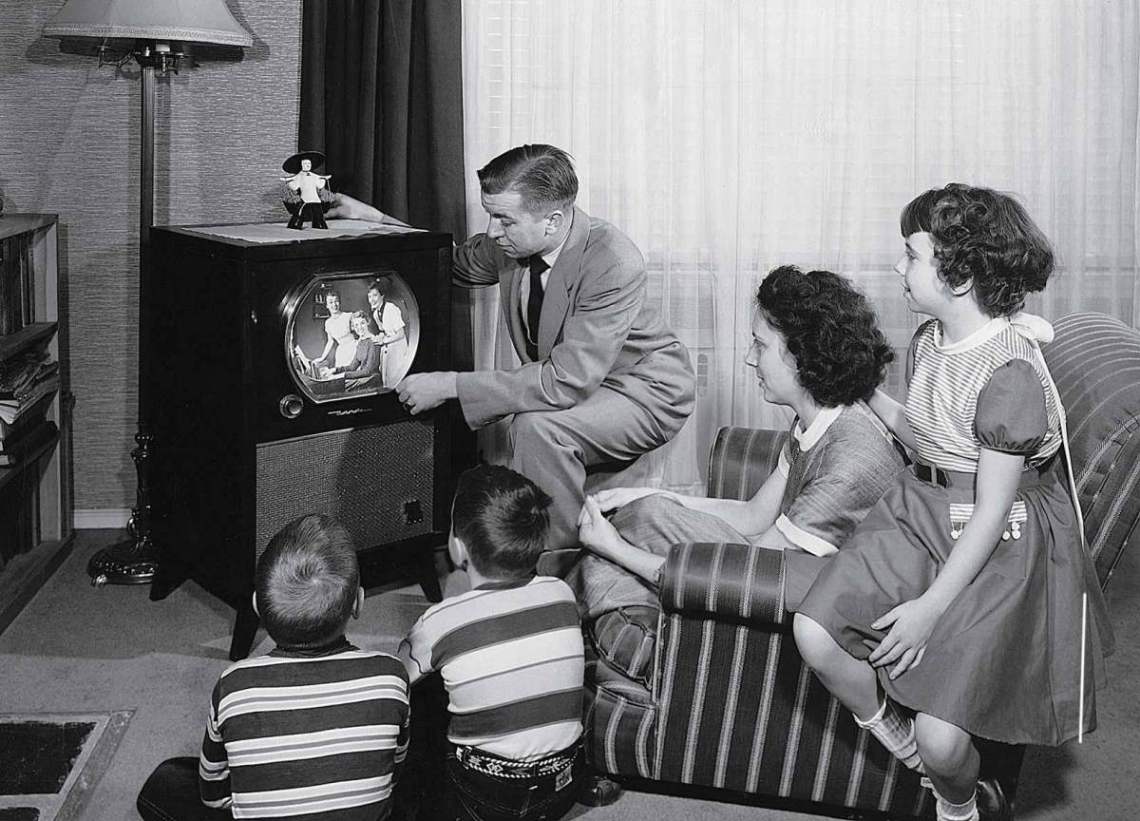When I was a kid, I would notice my father hastily press buttons on the remote whenever an intimate scene would begin in a movie. Even as a 5 year old, I understood the “unsaid”, that physical proximity between two opposite genders was “wrong”. This taboo nature of intimacy increased my curiosity to know more. My parents’ evasiveness towards intimacy created these invisible barriers to speak to them. So, naturally my next go-to were my friends, who sadly knew as much if not less than me. The repercussions, years of unlearning several myths and misconceptions about intimacy and sex.
Studies conducted in India by Tripathi & Sekher have shown that vast majority of parents do not accept the responsibility of providing sex education to their children. The apparent stigma attached to any discussion is due to the fact that people tend to view sex education in a limited sense, that is, the mere explanation of anatomical and biological differences. Ideally a child’s home is the best place for sex education and the attitudes of parents are of vital importance. When a child feels the subject as forbidden, they feel more curious to know about it which can lead to misleading information, if parents feel embarrassed in talking about sex with their children.
For some, speaking to children about sex can seem uncomfortable. But with growing access to information via the internet we can no longer avoid this conversations. The only way forward is to acknowledge and respond than to respond with silence or worse with avoidance. Remember that it’s not about being the “perfect parent” or raising a “perfect child”, these two can never exist – it is about doing what is right by you and your child.
In my interaction with clients I often noticed that many parents feel that the right time to have “the talk” is around puberty when schools initiate sex education and biological changes start to become visible. However, the proverbial “right time” is when your child starts asking questions and notices nonverbal cues about sexuality – and that is around the age of three to four. This is when they pick up on the fact that certain stimuli are being segregated away from them, and they try to make sense and build upon the taboo nature of these cues. It is better to have the actual conversation with them instead of them picking up on the judgment and discomfort and building on it. The key is to start answering honestly the moment your child asks you questions about sex/sexuality/where babies come from. Remember, the words you choose are in your control.
Dr. Debra Laino and Dr. Miriam K. Horn have provided guidelines you can use for varied age groups that ask questions about sex/sexuality. They believe that for children between the ages of 2 to 3,focusing on the abstract concept of love is usually sufficient as they are not curious about the act. Children between the ages 3 to 4 often accept the explanation of an egg growing into a baby inside a womb. Depending on how receptive your child is between the ages of 5 to 7, you can begin introducing the accurate explanation of sex to them. It helps to use simplified diagrams as well. Koup-Larsen states that for ages 8 and above you have to be your children’s resource for accurate information, so do not shy away from sharing information that helps them understand their own body without putting themselves at risk.
Allow their curious mind to flow freely with questions and answer them. These questions are a reflection of the trust and safety that they feel for you.
Simple and effective things to remember are not to use only one word answer or only answering the questions they ask. They the initiative to provide more information and ask for follow-up questions. The patience and calmness demonstrated in this conversation aids in creating a healthy perception towards sex.
Just as the verbal cues are important so are the non-verbal ones. Evasive actions such as switching the channel, changing the subject, or ignoring the question is ineffective. It is important to answer their curiosity in the moment.
However, there are moments when all their questions cannot be answered immediately. Recognize that and revisit all their questions soon at a dedicated time. Being prepared with a list of pointers and research ensures you are communicating with confidence, ease and are also not carrying forward any misconceptions. This instantly enhances the relationship of trust between your child and you.
Sexuality is a topic that will constantly evolve with every conversation you have with your child. It will lead to both parties growing together, contributing as equal participants. Focus on maintaining an open approach, and an intent to create an understanding conversation and not a unidirectional instruction. Always remember that they will always be your children, even if you feel uncomfortable about certain topics around them.
Meet The Author:
 Unnati has an interesting knowledge of memes and Bollywood trivia. They like to express themselves through their poetry, art, and dancing. Being a queer feminist, they change their hairstyle every few months as a way of breaking out of the dichotomy of gender, and reclaiming their own body. They are equally passionate about literature and biology as they are about mental health, and try to keep acquiring new skills and information wherever they go.
Unnati has an interesting knowledge of memes and Bollywood trivia. They like to express themselves through their poetry, art, and dancing. Being a queer feminist, they change their hairstyle every few months as a way of breaking out of the dichotomy of gender, and reclaiming their own body. They are equally passionate about literature and biology as they are about mental health, and try to keep acquiring new skills and information wherever they go.







